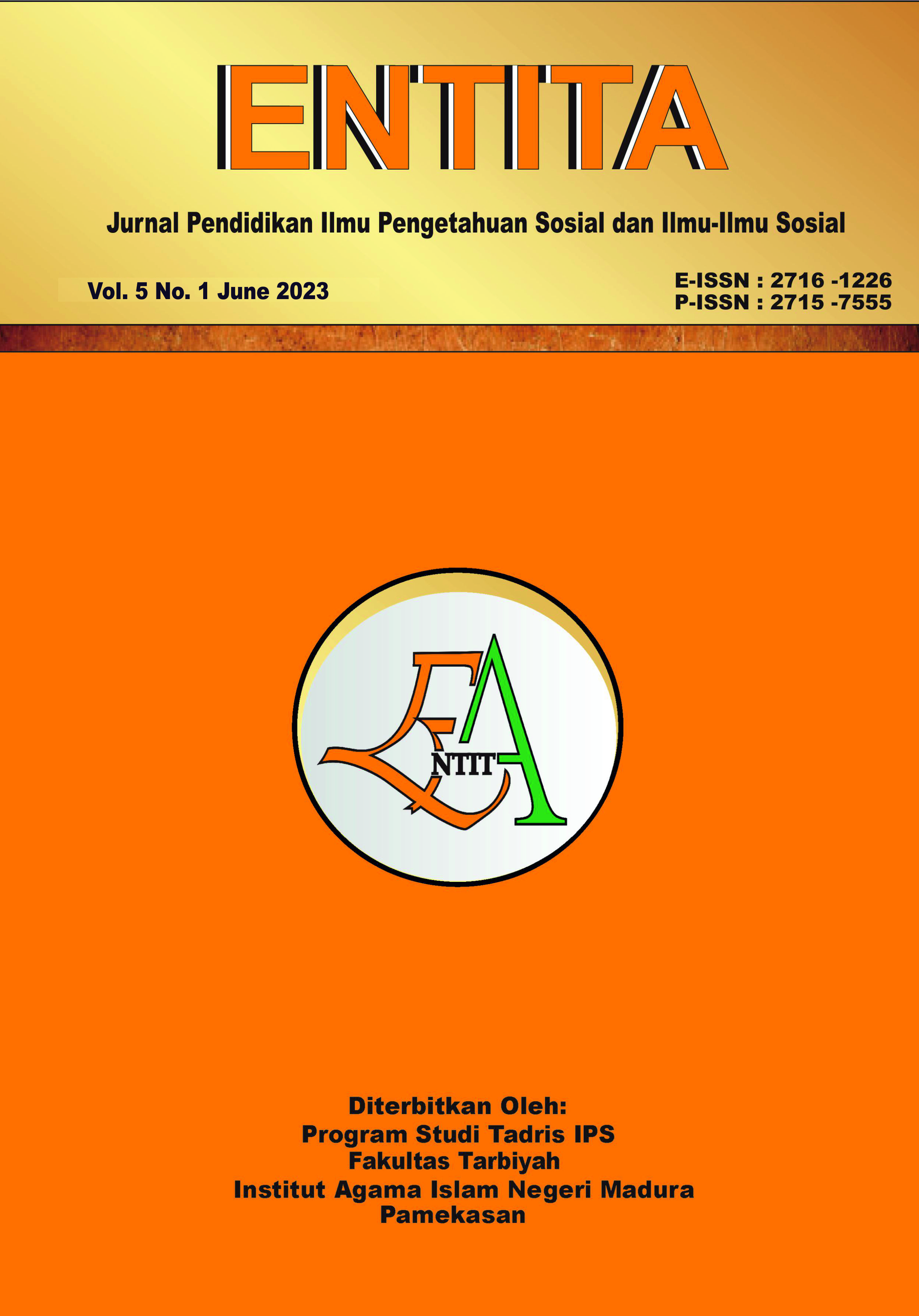The Effect of Digital Interaction on the Level of Cyber Dating Abuse in Generation Z
 Abstract views: 491
,
Abstract views: 491
,
 PDF downloads: 726
PDF downloads: 726
Abstract
This study examines the effect of digital interaction on the level of cyber dating abuse that often occurs in generation Z. The aims of this research are to examine and analyze how much influence digital interaction has on the level of cyber dating abuse, and to explain what factors are involved. affect Cyber Dating Abuse can occur. The method used in this study is survey research with a quantitative approach, with the respondent population, namely students belonging to the Z generation. In the current era, technological advances have affected the way people interact into Digital Interaction, which does not rule out the possibility of influencing various negative behaviors. such as Cyber Dating Abuse, through several actions such as controlling, demeaning, to bring down a partner in a relationship. There are several things that can be a factor in the occurrence of Cyber Dating Abuse, including experiences of violence, jealousy, low social media ethics and lack of digital literacy. The results show that Digital Interaction has a significant effect on Cyber Dating Abuse.
Downloads
References
Brown, C., Flood, M., & Hegarty, K. (2022). Digital Dating Abuse Perpetration and Impact: The Importance of Gender. Journal of Youth Studies, 25(2), 193–208. https://doi.org/10.1080/13676261.2020.1858041
Caridade, S., Braga, T., & Borrajo, E. (2019). Cyber Dating Abuse (CDA): Evidence from a Systematic Review. Aggression and Violent Behavior, 48(August), 152–168. https://doi.org/10.1016/j.avb.2019.08.018
Kurniawan, A. W., & Zahra Puspitaningtyas. (2016). Metode Penelitian Kuantitatif.
Lancaster, M. L. (2020). Influential Factors on Young Adult Cyber Dating Abuse (Doctoral dissertation, The Florida State University)
Lancaster, M., Seibert, G. S., Cooper, A. N., May, R. W., & Fincham, F. (2020). Relationship Quality in the Context of Cyber Dating Abuse: The Role of Attachment. Journal of Family Issues, 41(6), 739–758. https://doi.org/10.1177/0192513X19881674
Machimbarrena, J. M., Calvete, E., Fernández-González, L., Álvarez-Bardón, A., Álvarez-Fernández, L., & González-Cabrera, J. (2018). Internet risks: An Overview of Victimization in Cyberbullying, Cyber Dating Abuse, Sexting, Online Grooming and Problematic Internet Use. International Journal of Environmental Research and Public Health, 15(11). https://doi.org/10.3390/ijerph15112471
Mosley, M. A., & Lancaster, M. (2019). Affection and Abuse: Technology Use in Adolescent Romantic Relationships. American Journal of Family Therapy, 47(1), 52–66. https://doi.org/10.1080/01926187.2019.1586592
Putra, Y. S. (2017). Theoritical Review: Teori perbedaan generasi. Among makarti, 9(2).
Widi, S. (2022). Ada 68,66 Juta Generasi Z di Indonesia, Ini Sebarannya. DataIndonesia.id. (Online). Diakses pada 2 Januari 2023, dari https://dataindonesia.id/ragam/detail/ada-6866-juta-generasi-z-di-indonesia-ini-sebarannya
Winata, V. V., & Sannjaya, E. L. (2020). Peran Jealousy terhadap Perilaku Cyber Dating Violence pada Individu yang Menjalani Hubungan Jarak Jauh. Mind Set, 11(1), 37–35.
Zonyfar, C., & Khusaeri, A. (2022). Literasi Digital : Penguatan Etika Dan Interaksi Siswa Di Media Sosial. Jurnal Masyarakat Mandiri, 6(2), 1426–1434. http://journal.ummat.ac.id/index.php/jmm/article/view/7274
Copyright (c) 2023 ENTITA: Jurnal Pendidikan Ilmu Pengetahuan Sosial dan Ilmu-Ilmu Sosial

This work is licensed under a Creative Commons Attribution-NonCommercial 4.0 International License.
ENTITA: Jurnal Pendidikan Ilmu Pengetahuan Sosial dan Ilmu-Ilmu Sosial operates an Open Access policy under a Creative Commons Non-Commercial 4.0 International license. Authors who publish with this journal agree to the following terms:
- The copyright of the received article once accepted for publication shall be assigned to the journal as the publisher with licensed under a

- Journal is able to enter into separate, additional contractual arrangements for the non-exclusive distribution of the journal's published version of the work (e.g., post it to an institutional repository or publish it in a book), with an acknowledgement of its initial publication in this journal.
- Journal is permitted and encouraged to post their work online (e.g., in institutional repositories or on their website) prior to and during the submission process, as it can lead to productive exchanges, as well as earlier and greater citation of published work (see The Effect of Open Access).
- Here is Copyright Transfer Form that author can download and send to OJS during submission.

















